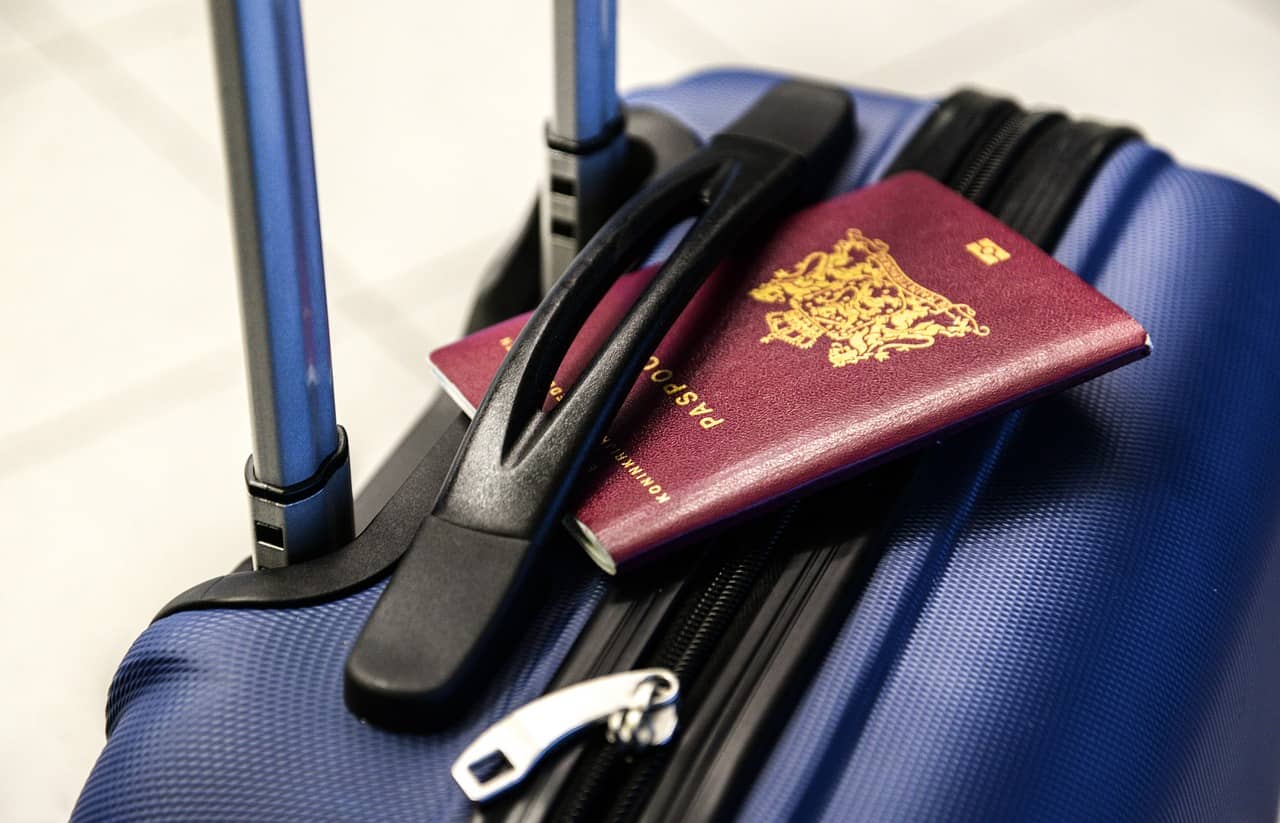Estimated reading time (in minutes)

Before accepting an expatriation, there are a few precautions to take… Check that you are protected on aspects as essential as retirement, taxes or even returning to France.
THE TYPE OF CONTRACT
There are two types of contracts when you are an expatriate. First, there is the secondment contract which is provided for the French employee who goes to work abroad for a period of 1 to 5 years. In this case, it is maintained under the French social security system. If he leaves for a period of more than 5 years, he then has an expatriate contract. In both cases, it is always preferable to request the application of French law because it is the most favorable, especially in terms of dismissal, paid leave and working hours…
UNEMPLOYMENT INSURANCE
When going to work abroad, the French expatriate employee must also know whether or not he continues to benefit from unemployment insurance in the event of termination of his contract. In principle, all French employers must insure their employees against the risk of loss of employment. The French employee must therefore check that his employer contributes to unemployment insurance. This can be verified either by a mention in the employment contract or by a mention on the payslip (Pôle emploi contribution line).
SOCIAL PROTECTION
An employee who has a secondment contract remains affiliated to French social security and continues to benefit from the same rights and obligations as an employee working in France. The expatriate employee is, for his part, subject to the social security system of the country of expatriation. If the local scheme is insufficient, he always has the option of taking out voluntary insurance under the scheme for expatriates through the Caisse des Français de l’étranger.
TAXES
The expatriate has no choice of tax domicile. If France has signed a bilateral tax treaty with the country of expatriation, it is the treaty that fixes the place of taxation and the type of income concerned and taxed. If France has not concluded a bilateral tax treaty, the expatriate is only liable to tax on income from French sources. Taxation is done by deduction at source according to a tax scale.
RETURN TO FRANCE
Before leaving, the expatriate must negotiate certain points with his employer. He must ask to benefit from a right to repatriation to France. The employer will then cover his repatriation costs and those of his family, whether it be the move or the plane tickets. The employee must also check that he will be reinstated in an equivalent position on his return to France. If the reinstatement of the employee is impossible, the company is forced to dismiss him for a real and serious reason. If this is not the case, the expatriate can challenge his dismissal to the prud’hommes.
DAMY law firm, Nice, Expatriation: precautions to take in social matters, Update 2022
